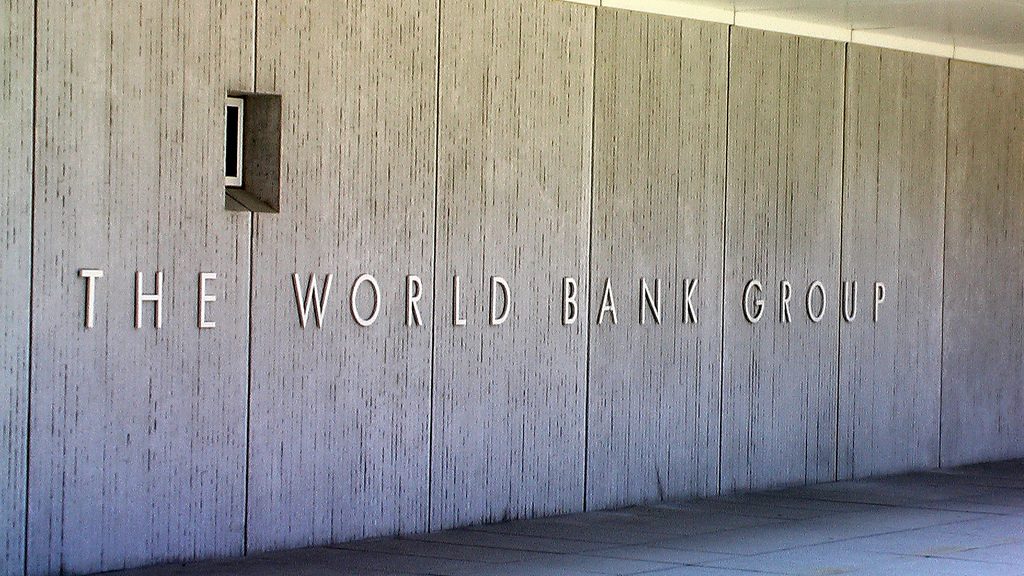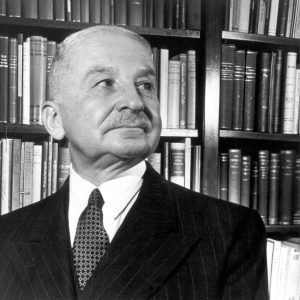Crony Economy: More Mises, Less Keynes
The following is a guest submission from Ronaldo Campos Carneiro. Ronaldo Campos Carneiro is a production engineer, a former professor of USP/PUC. A former negotiator of Brazilian projects with the World Bank and IDB
“We believe that special deals from governments with politically connected individuals, businesses and powerful political interests destroy the marketplace. These favors, though often sold to the public as “regulations” or “works programs,” are usually vehicles for some to take resources from the many.
When powerful interests are permitted to use the coercive power of the state for private ends, there is no end to the economic destruction that can be wrought.
We are for freedom, transparency, opportunity, and honest markets. We are against crony capitalism.”
— Nick Sorrentino, Co-Founder AgainstCronyCapitalism.org
Politicians and bureaucrats, sometimes well-intentioned, seek to stimulate trade with overseas or domestic sectors. To this end, they create financial institutions aiming to boost export/import, and domestic development banks.
These practices allow politicians and bureaucrats to benefit some with public money. Capturing assets from the many to consign them to a few friends of the King – an anti-democratic practice par excellence, always with the legitimacy conferred by technocrats’ fuzzy concepts, confused or malicious. This practice does not add anything to the investment capacity, it only concentrates it in the hands of a few in addition to empowering politicians — this has nothing to do with economics, but everything to do with maintaining power.
Do some technocrats resist the powerful call enticing entrepreneurs to benefit from this purse manager? No. Charts, spreadsheets, and calculations are prepared quickly to justify the chosen champions, friends of the King, creating an imbalance in the market an undue interference.

Certainly not development agencies. Financial institutions have an important role to play in the organization of investment for infrastructure. They should raise funds for all purposes, to benefit everyone. However, they prefer to be lenders of favors to private companies that are donors to their campaigns, and they use their influence to benefit the friends of the King. This practice is so brazen that some banks are known as “Boeing’s Bank” as the American Ex-Im Bank is known in DC. To interfere in private enterprise, they create a huge distortion in the market economy. Technocrats who give legitimacy to these options are definitely not abreast of the powerful distribution potential of the free market.
A similar disaster occurs with legislation requiring the mandatory payment of union taxes , an archaic structure of union leaders forged by vote-buying to maintain labour power.
Another economic disaster is in the sectors that define their own salaries, generating a huge distortion in the economy. This practice can destabilize wage plans, especially with the growth of the bureaucratic structure, both in the Executive Branch and in the legislative and judicial branches. These sectors, rather than defining their own wages, should get references from the market, which effortlessly tracks the collective will and incentivizes fair contribution to society.
 Nationalized and state-owned companies constitute a reserve for empowering politicians. They are not economically efficient, but very politically effective. The most commonly used argument is nationalism, as if economics had a nationality, as if the economic laws were to meet geographical boundaries – definitely the economy does not study geography! Proponents of nationalization are not ideologues of right or left, they are ideologues of delay and stagnation.
Nationalized and state-owned companies constitute a reserve for empowering politicians. They are not economically efficient, but very politically effective. The most commonly used argument is nationalism, as if economics had a nationality, as if the economic laws were to meet geographical boundaries – definitely the economy does not study geography! Proponents of nationalization are not ideologues of right or left, they are ideologues of delay and stagnation.
In fact, government interference in the economy is always, without exception, a disaster, being made of crony capitalism. There is an urgent need to separate politics from the economy.
The market, instead, is a new social pact, which naturally prioritizes nutrition, health and, education and is an infallible remedy to heal the maladies of development. We need More Mises, less Keynes; more freedom, less government.
This piece solely expresses the opinion of the author and not necessarily the organization as a whole. Students For Liberty is committed to facilitating a broad dialogue for liberty, representing a variety of opinions. If you’re a student interested in presenting your perspective on this blog, visit our guest submissions page.
